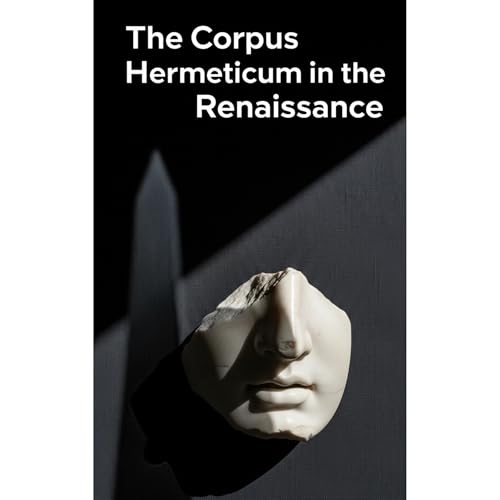
The Corpus Hermeticum in the Renaissance
Ficino, Pico, and the Birth of Occult Philosophy
No se pudo agregar al carrito
Add to Cart failed.
Error al Agregar a Lista de Deseos.
Error al eliminar de la lista de deseos.
Error al añadir a tu biblioteca
Error al seguir el podcast
Error al dejar de seguir el podcast
Obtén 3 meses por US$0.99 al mes
 Exclusivo para miembros Prime: ¿Nuevo en Audible? Obtén 2 audiolibros gratis con tu prueba.
Exclusivo para miembros Prime: ¿Nuevo en Audible? Obtén 2 audiolibros gratis con tu prueba.
Compra ahora por $14.99
-
Narrado por:
-
Virtual Voice
-
De:
-
Lucid Historian

Este título utiliza narración de voz virtual
In the autumn of 1463, a dying Cosimo de’ Medici told his young translator to put down Plato and translate Hermes Trismegistus first. That command, and the error behind it, changed the world.
The Corpus Hermeticum in the Renaissance tells the untold story of how a late‑antique Greek wisdom corpus, misdated as the voice of ancient Egypt, ignited Europe’s imagination. From Marsilio Ficino’s “prisca theologia” to Pico della Mirandola’s banned theses, from Agrippa’s occult syllabus to Paracelsus’s chemical cures, John Dee’s angelic mathematics, and Bruno’s infinite cosmos, this is a gripping history of ideas that remade art, science, and faith. Even when philologists finally proved in 1614 that Hermes was not pharaonic, the revolution the texts had launched could not be called back.
Drawing on letters, marginalia, incunables, paintings, and court records, this page‑turning narrative shows how a mistaken antiquity became a license to experiment, legitimizing image‑magic, medical innovation, secret societies, and the habits of inquiry that seeded early modern science.
This book reveals how Renaissance Europe learned to make new knowledge by inventing an ancient past.


